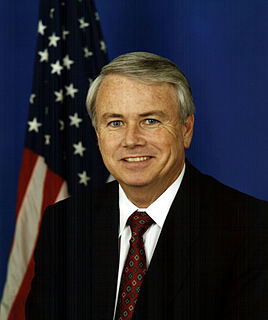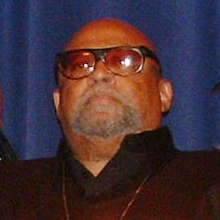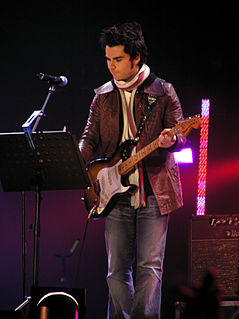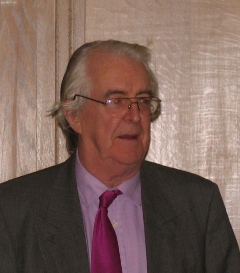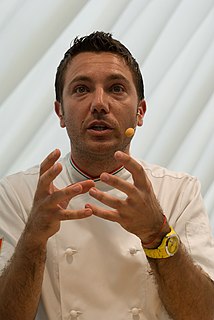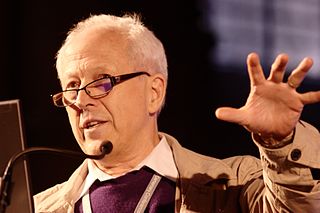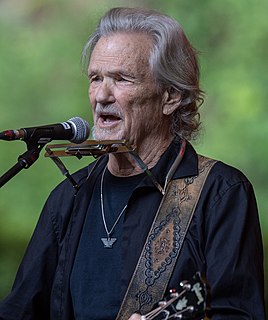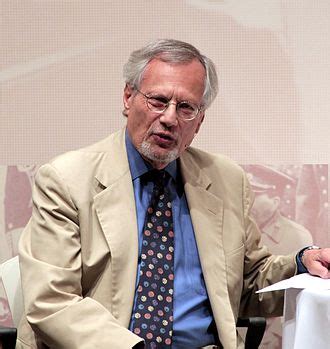Top 424 Argued Quotes & Sayings - Page 4
Explore popular Argued quotes.
Last updated on April 20, 2025.
Nevertheless, (Jefferson) believed that the habit of skepticism is an essential prerequisite for responsible citizenship. He argued that the cost of education is trivial compared to the cost of ignorance, of leaving government to the wolves. He taught that the country is safe only when the people rule.
Could it be argued that if the Chinese revolution seems to be a response to the needs of rural society, whereas the Russian is an urbanized phenomenon, this difference corresponds to that which exists between the users of two different forms of written communication, the one archaic, the other alphabetic?
Many of my fellow atheists consider all talk of 'spirituality' or 'mysticism' to be synonymous with mental illness, conscious fraud, or self-deception. I have argued elsewhere that this is a problem - because millions of people have had experiences for which 'spiritual' and 'mystical' seem the only terms available.
It [9/11 event] was aimed at symbols: the World Trade Center, the heart of American capitalism, and the Pentagon, the headquarters of the American military establishment. But it was not meant to be argued with. It wasn't part of any negotiation. No message was intended with it. It spoke for itself, which is unusual.
There's a good sarcasm and a camaraderie that comes after being in a band. And we've known each other forever. We've never been a band that fought or argued. As a songwriter, I'm really happy that the boys support me and contribute and that, but I've always wanted to be under the band Stereophonics.
The American psychologist Julian Jaynes, in a controversial study on the origin of consciousness, argued that the bicameral mind - in which one of the hemispheres becomes specialized in silent reading - is a late development in humankind's evolution, and that the process by which this function develops is still changing.











